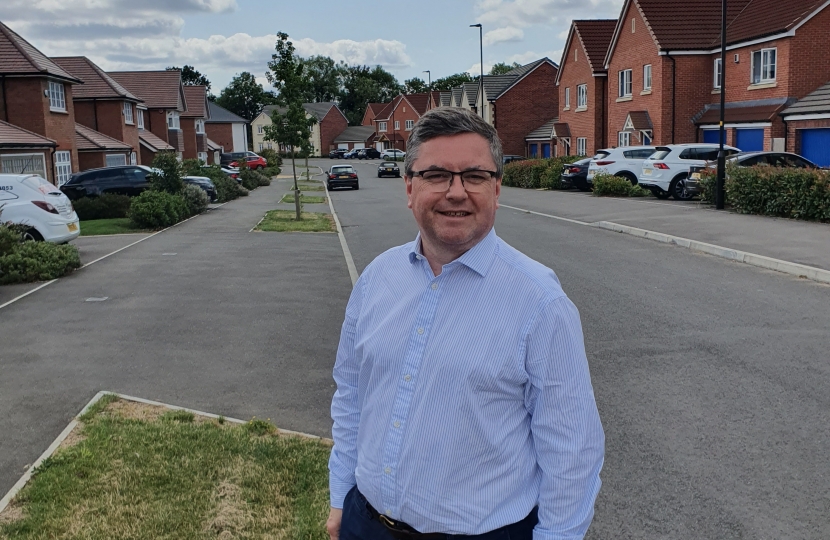
As the ongoing furore over lockdown parties at Number 10 rages on, it is tempting to think that politics is in suspense as we await the factual findings to be made by Sue Gray, the senior civil servant given this unenviable task. Ministers would be wholly wrong to pause, as we face a year of immediate challenges.
In this era of Covid19 we have become almost numbed by Government spending pledges that make telephone numbers seem small. £400 billion to support the economy and jobs. £100s of billions for the NHS and education. The abstract nature of these amounts make them difficult to imagine. When these numbers are broken down to much smaller amounts, however, they become much easier to comprehend. This is why, despite the huge success of Universal Credit during the depths of the crisis, the removal of the temporary £20 per week uplift became a real headache for the Government. It was right to end what was always going to be a temporary measure, but this was real money going to real people, tangible, visible and real. This was politics at its most personal.
The same can be said about the cost of living. The Consumer Price Index has topped 5% for the first time in over ten years, followed by a rather odd debate as to whether or not this is a temporary phase. This is to miss the point entirely. It isn’t the headline inflation figure that really tells us what is happening, but the causes of inflation. We learned that lesson a generation ago, with failed prices and incomes policies that attempted to treat the symptoms, not the cause.
This time, it is the cost of transport fuel and household cost rises, most notably home energy costs, that are the principal causes of inflation. As the energy price cap comes to an end in April, the prospect of extremely steep rises to gas and electricity bills is alarming. Some have chosen to focus on the Conservative manifesto pledge to move to net zero carbon emissions, but I think that this misses the point. The real cause of increased bills this winter is the dramatic increase in international gas prices, not green levies on our bills. The removal of VAT on energy bills, although an understandable response, is not the answer, as it doesn’t target support for those who truly need it and frankly will not be that noticeable on individual bills.
What would be more effective are direct moves that will immediately mitigate the steepness of any rises and which will help a wider range of households. For example, the Government is right to be considering a loan scheme for energy companies in order to help them bear some of the costs, rather than bill payers. Ministers should be seriously looking at ways for the Exchequer to temporarily funding the cost of levies, and an increase in the Warm Homes Discount Scheme would help millions more households who are right on the edge of being able to cope. In these ways, those most in need and those who are just about managing would get direct help this year and the energy bill nightmare will be avoided.
The other main source of anxiety is the increase in National Insurance contributions in order to fund NHS backlogs and then social care reform. I was still in Cabinet when we agreed to this proposal. I have to say that I sucked my teeth hard about this one, mainly because we hadn’t at that point set out what the new system of social care was going to look like. I was persuaded, however, because the nettle of social care funding had to be grasped sooner rather than later and that a fiscally conservative approach means that there are times that taxes have to go up as well as down. The £36 billion that will be raised as a result between now and 2025 is another telephone number. There is serious concern that the projections as to the amount that will be available for social care after backlogs are dealt with are going to be missed. If people’s personal experience of our health and care services remains one of waiting on a phone line followed by little real change to social care provision, then the purpose of the NI increase will have been defeated. Ministers cannot afford to let that happen. This time, it’s personal.




